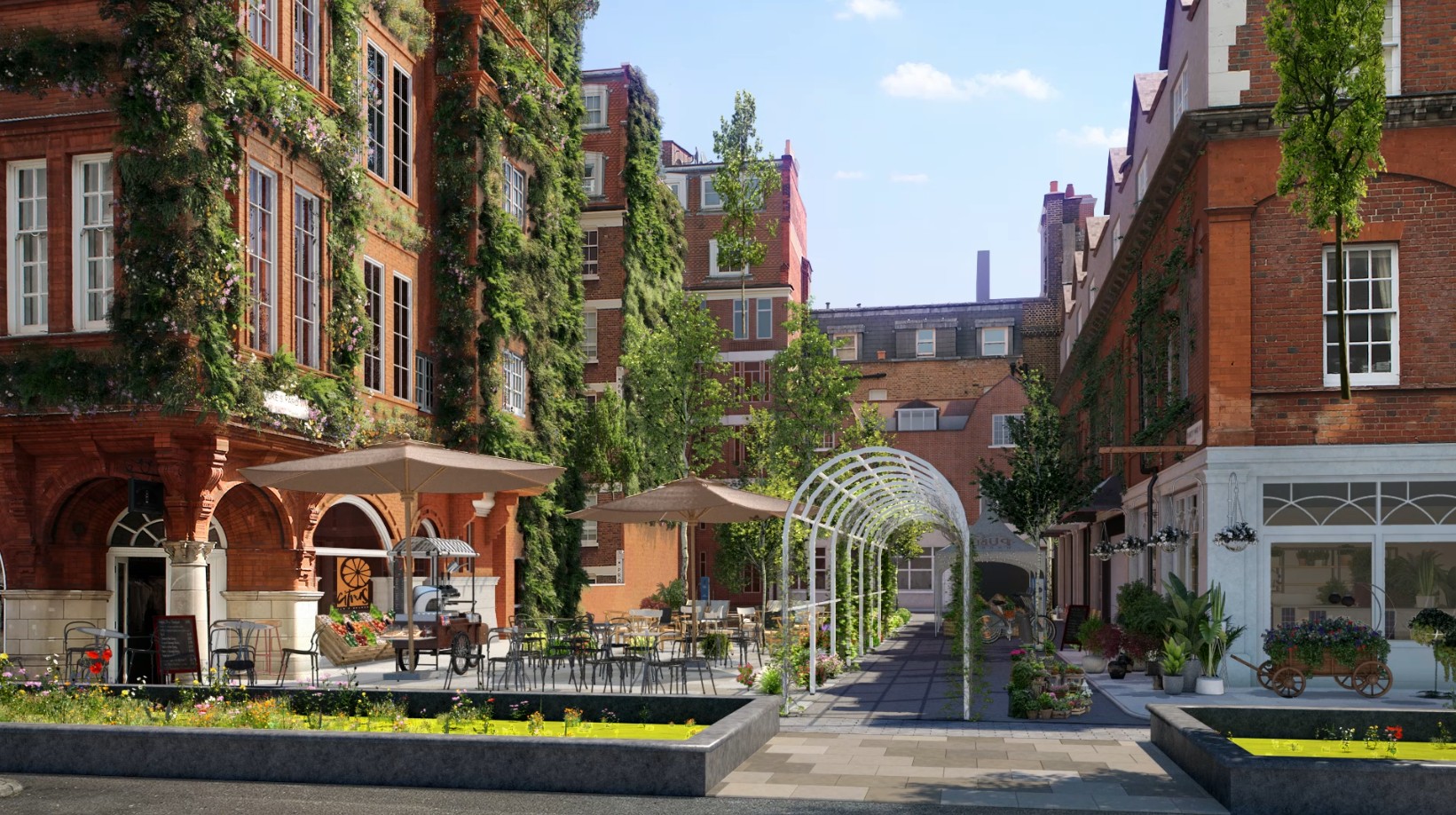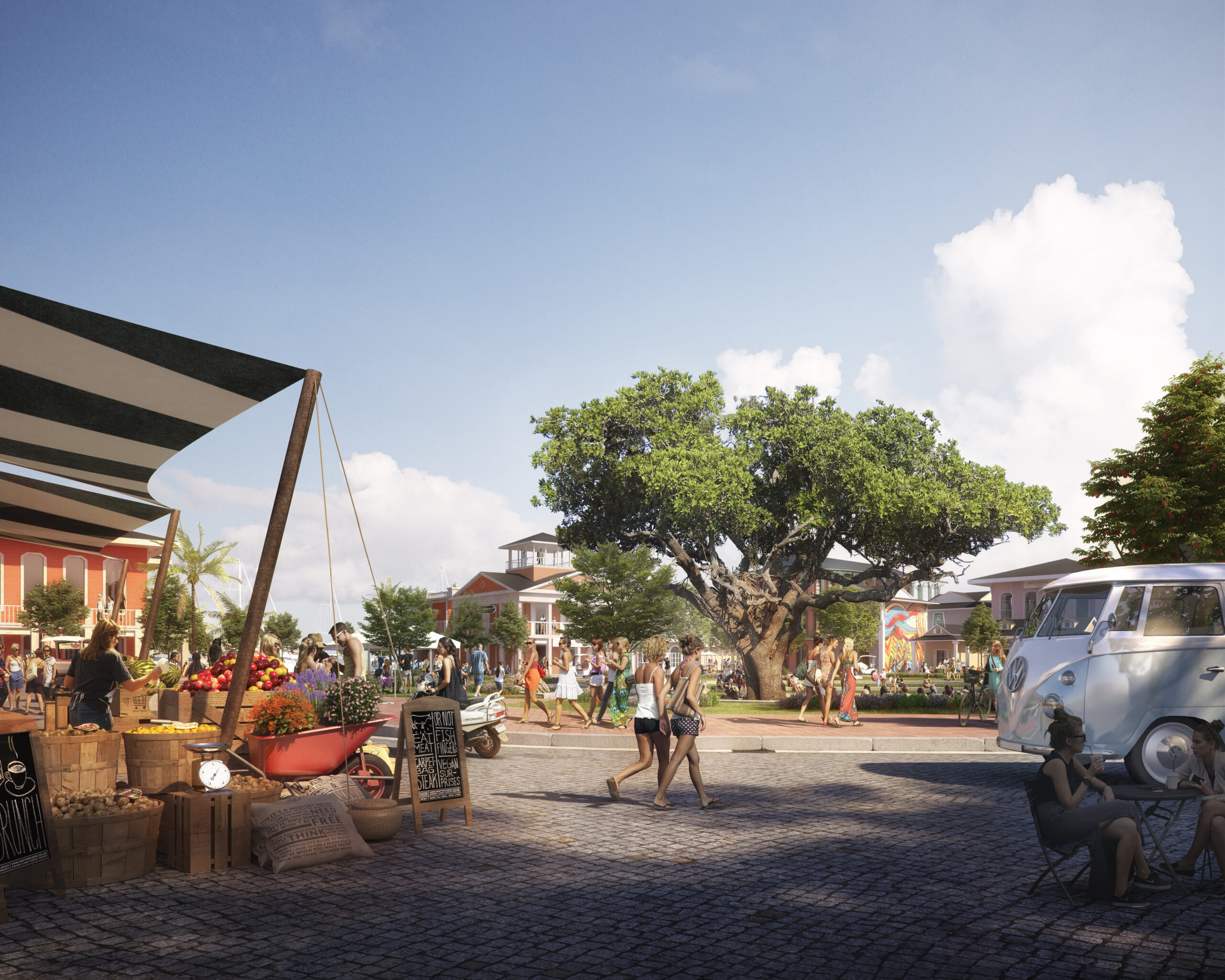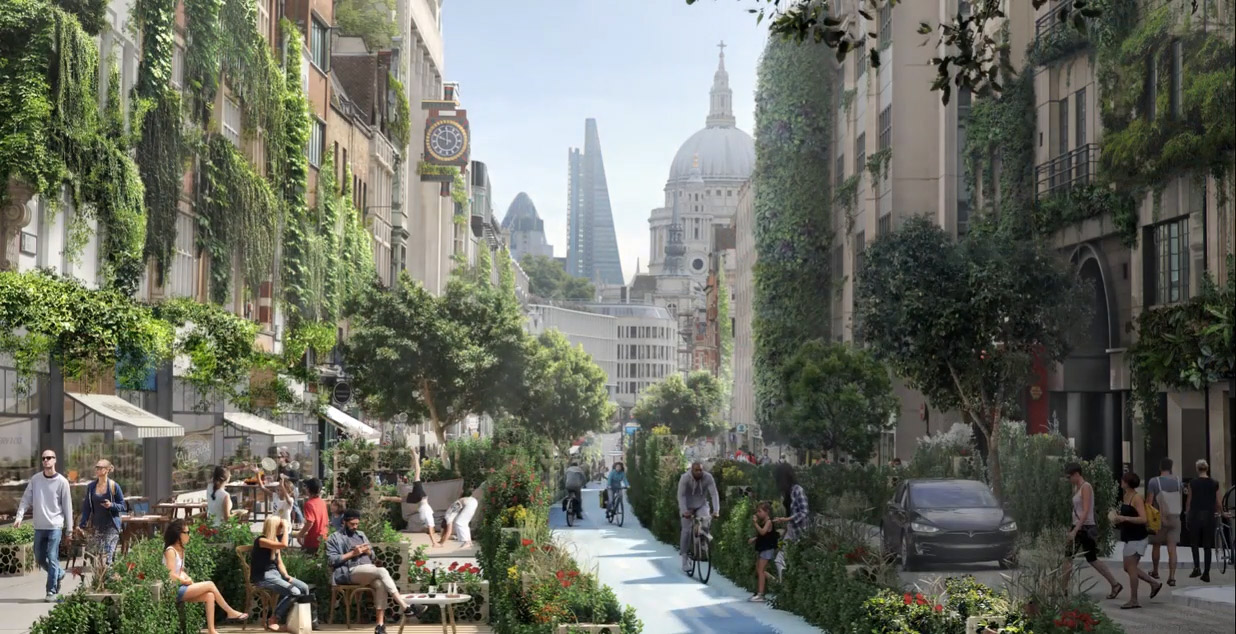Resilience, self-reliance and sustainability
By John Goldwyn
May 5, 2020
We’re all thinking about what will happen as we move through and beyond the coronavirus pandemic that has forced us all to stay at home. How will the places where we live, work, shop and dine have to evolve? How will we have to evolve? New policies and protocols are quickly being written by numerous organisations and institutions but, to truly influence real change, I believe the answers to those questions have to start at an individual level – bubbling from the ground up, rather than being dictated from the top.
To start, think about where we live and about the spaces and emotions you experience as you move through a city like London. London is a series of interconnected villages, each with its own unique personality and story, rather than one big homogeneous blob. Your city or town is probably a lot like this too, a collection of neighbourhoods woven together. I firmly believe that through our individual actions we can influence our neighbourhoods and communities, which can then over time influence larger scale city planning and policy making.
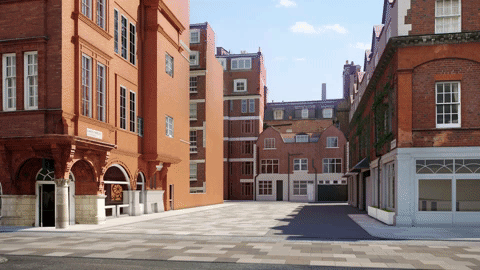
Communities that are resilient with strong, built-in systems of support become even stronger during times of crisis.
It’s important for us to live and work according to our personal values – to do what we believe in – and times like this simply magnify that need. Within my team at WATG, one colleague from Brazil works with local indigenous tribes to help them find their voice. Another team member bakes award-winning bread and artisan marmalade; many of us have allotments. For me personally, I value sustainability and self-reliance. I follow nature because it’s smarter than me, and ultimately gives us life. For example, my family has always grown its own vegetables and made compost from scraps. What we can’t grow, we buy from local shops because the products are better quality and less processed than what we find at the supermarket, and because we want to support local businesses that are run by other local families just like us. On the surface all of that might sound small, but I believe that it’s powerful to start at the individual person or family level. Then we branch out into the surrounding neighbourhood. Neighbours start growing their own food, too, and shopping at the local market. And over time, people with like-minded values start to band together and create self-sufficient communities. These tend to be where we want to live. Communities that are resilient with strong, built-in systems of support become even stronger during times of crisis.
Self-reliance has positive economic impacts as well, which also helps during times of crisis. Not only are we keeping our money within our community by shopping local, but we’re also saving money through sustainable principles. Buy some compost, a few plants, veggie seeds and a hose, and you’ve got months of food ahead of you.
Sustainable is healthy, too. We’re all too familiar with the health issues related to the abundance of processed and packaged food in our midst. Reliance on factory farming and large-scale commercial food production and distribution can lead to food supply issues, too – especially when those systems are at risk of breaking down, as today’s pandemic threatens. Communities with gardens or urban farms help to address both of these issues.
Perhaps best of all, interactions with outdoor space and landscape improve our mental and physical health. They give us the chance to engage more closely with our communities and our cities, and to feel a greater sense of pride and ownership. By boosting our health and wellbeing, we’re renewing our sense of purpose, strengthening our resolve and our motivation to participate. This is resilience!
As planners and designers, we have to help communities become more self-reliant. We have to make sure we’re creating systems that help ourselves and our future generations thrive.
As planners and designers, we have to help communities become more self-reliant. We have to make sure we’re creating systems that help ourselves and our future generations thrive. We can start by making cities greener with parks and gardens, and more pedestrian friendly. Even the busiest places have the potential to evolve. Consider the Green Block project, which we envisioned as a response to London’s Mayor Sadiq Khan’s challenge to designate London a National Park City. Using a 100% recyclable modular living building material permeated with native wildflower seeds and fed by rainwater, we’re reclaiming redundant roads and sidewalks and adding green space. We’re cleaning and filtering the city air and creating a more aesthetically desirable cityscape. We’re empowering residents to claim their own urban green space, connecting to existing city parks, and creating new ecological corridors that restore the native biosphere and wildlife. And we’re creating space for people – neighbours – to get outside, to gather and breathe.
These shifts toward resilience can happen in the suburbs too. We’re already seeing populations shift outward as many millennials are moving away from the urban city centres (often because of affordability) and into the suburbs where good housing stock and transit connections exist. But these populations still want some of the qualities of city life, such as connectivity. So as we see in the urban centres, communities of people with shared values emerge and get stronger as residents connect and support each other. It can happen anywhere – everywhere – that people are motivated to make personal shifts toward self-reliance and sustainability. So once again, as designers and planners, we need to treat places as more cellular, nurturing ad hoc connections and communities to form, rather than trying to dictate rigid urban structures. Let the cities evolve to serve to the people, rather than forcing the people to serve the city. Personal resilience is also about the ability to adapt to change. To embrace it. Rather than building walls to defend ourselves, resilience is about embracing with whats behind that wall. We are strongest when we admit to our vulnerabilities and can adapt to address them.
Let the cities evolve to serve to the people, rather than forcing the people to serve the city.
During these trying times, my strongest advice is to engage with your community. Take walks. I am particularly enjoying re-discovering forgotten parts of London by bike. Talk to your neighbours (at a safe distance). Buy local. Grow your own food. When we start small and make nature, landscape, sustainability and resilience a bigger part of our individual lives then it becomes easier, more obvious, even effortless at a larger scale. We will get through this pandemic and restore some sense of normality. We’ll go back to our offices, and our kids will go back to school. But I hope we won’t stop taking walks, digging in the garden, cooking, and connecting with our community. Because the truth is, I could live like this forever.
ABOUT JOHN:
John Goldwyn leads the planning and landscape studio in WATG’s London office, and brings a broad variety of global project experience to the team. His design responds first to the place and the site – looking for the stories in the land. He is committed to finding sustainable solutions for clients that balance economic, social and environmental factors. John believes that the commercial success of any project is directly related to its design content.
FOR MORE INFORMATION:
london@watg.com
Latest Insights
Perspectives, trends, news.
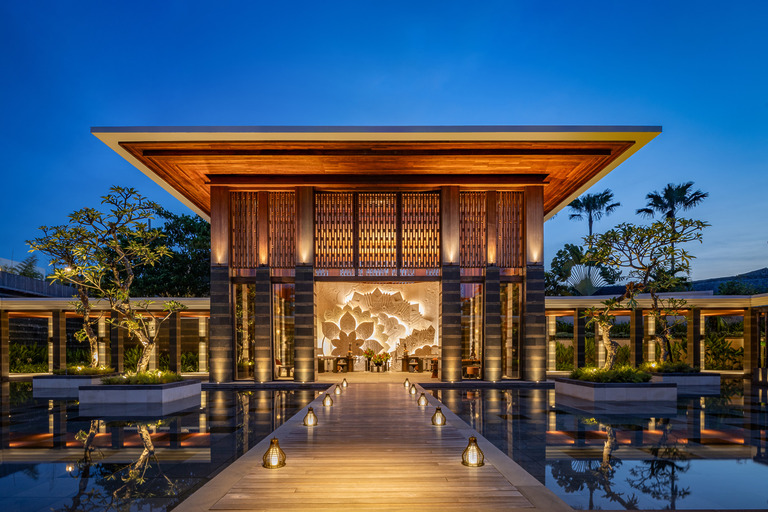
- News
2025: A Year in Review
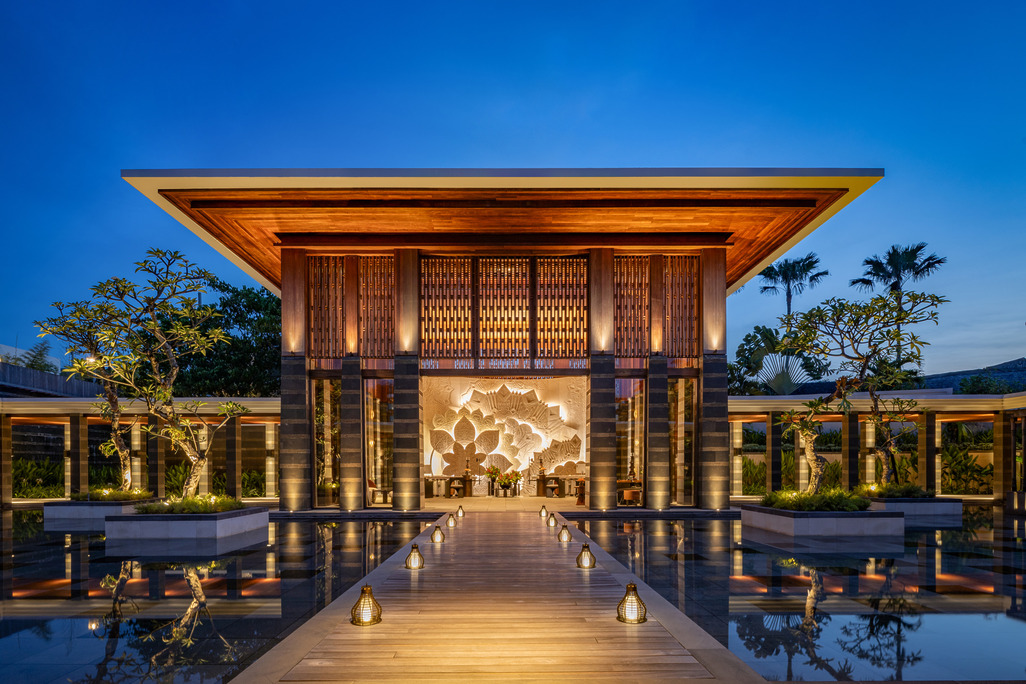
- News
2025: A Year in Review

- Strategy & Research |
- Design Thinking & Innovation
The Architect of the Future

- Strategy & Research |
- Design Thinking & Innovation
The Architect of the Future

- News
WATG Leads Landmark Initiative to Shape the Future of the Giza Pyramids

- News
WATG Leads Landmark Initiative to Shape the Future of the Giza Pyramids
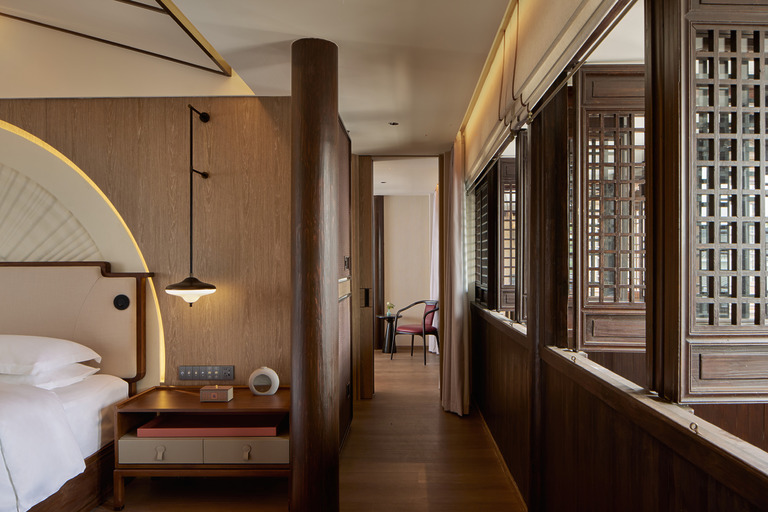
- Trends
Interior Design Trends 2026: Authenticity, resonance, and resilience.
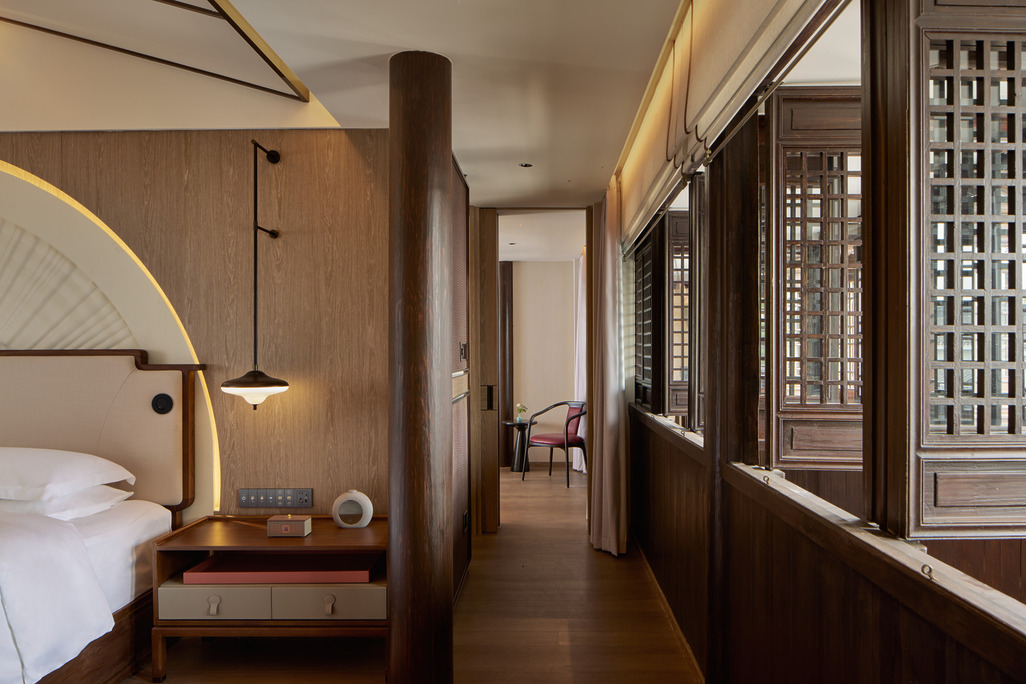
- Trends
